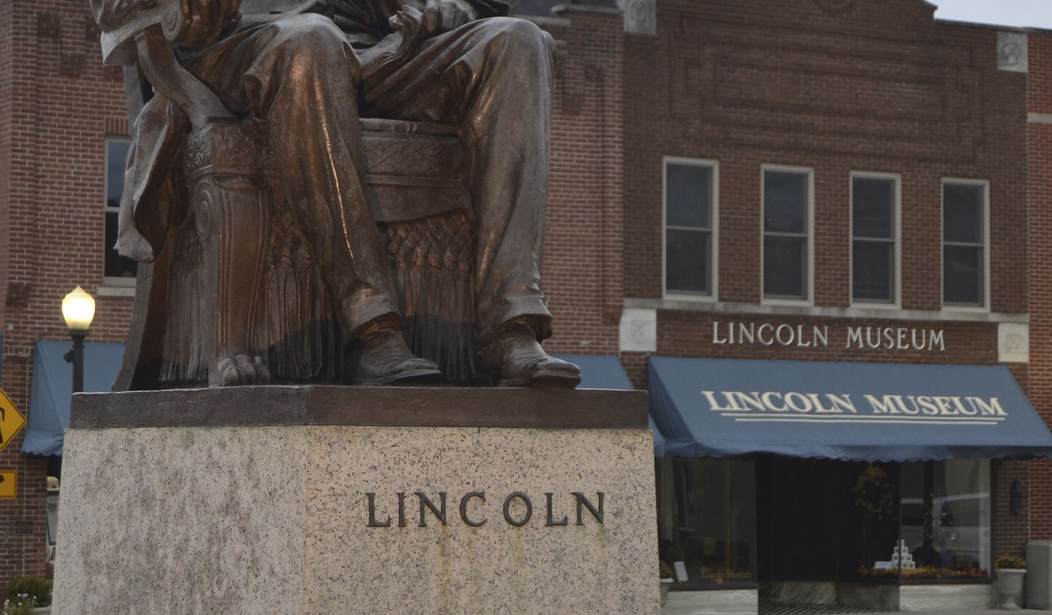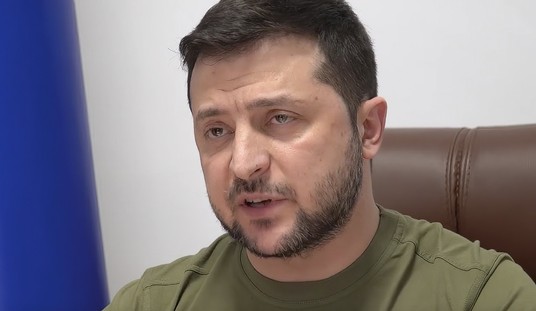GETTYSBURG, Pa. -- In the days that followed Abraham Lincoln's 272-word speech to thousands of onlookers in this small Pennsylvania farm town, few newspapers in the country immediately reported on the speech.
When they did, explains historian Michael Kraus, it was mostly dour examination filled with misquotes of the 16th president's words.
"There were a lot of mistakes in those first reports. Words weren't heard well. Order was mixed up. The speech didn't appear in every newspaper the next day, or the next day, or the next day," Kraus said from his artifact-filled basement office at the Soldiers & Sailors Memorial Hall & Museum in Pittsburgh, where he serves as the curator.
When it finally did, the reviews were sharply critical. "A paper in Boston ripped it to shreds; so did other papers across the North," said Kraus.
Even the local Harrisburg paper, the Harrisburg Patriot and Union, dismissed it as mindless gibberish. "We pass over the silly remarks of the President. For the credit of the nation we are willing that the veil of oblivion shall be dropped over them, and that they shall be no more repeated or thought of," it opined.
In truth, it took decades for anyone to think much of the speech, or even think of it all.
"It wasn't until well over a quarter-century later that it began to emerge in the American psyche across the country that this speech was more than a speech; it defined who we were for eternity," said Kraus days before the 155th anniversary of a speech that took less than two minutes to give and nearly 100 years to reach the reverence it holds today.
It is a lesson in understanding the effects of time. Time doesn't always erode and bury the past. Sometimes it helps us better appreciate what was long right in front of us.
Recommended
"History shows us greatness often isn't appreciated in the moment," Kraus said. "As historians, we are always discovering new powerful things that have happened that have barely been told or passed along."
Lincoln's invitation to Gettysburg was an afterthought of those who organized the dedication of the first national cemetery in the country. "It was just months after the battle," Kraus explained. "Honestly, the big draw for people to attend was Edward Everett, sort of the rock star of the era, who was known for his sweeping oratory skills."
Everett would speak for over two hours that day. Lincoln, who came after him, spoke for two minutes. When he stepped off the stage, he thought he'd failed.
As a re-enactor, Kraus has been to Gettysburg hundreds of times. "You'd think I'd know everything, yet every time I am there, I find out something new, which is why I became a re-enactor, so that I could immerse myself in history and be a better historian," he said.
What a loss our country and our souls would have suffered had the Gettysburg Address been lost to the criticisms, the subsequent brutal battles that followed what happened in the city, the shock of the president's violent death and the chaos of Reconstruction.
It is a speech that defines us, just as this battlefield defines us: The former reminds us to endure; the latter reminds us to never repeat.
In an era where deep political divisions fill our social media feeds, our cable news reports and nearly every aspect of our culture, it is heartening to make the bend on Baltimore Pike and find hundreds and hundreds of young families crowding into the Gettysburg National Park Military Museum.
Aditi Varma was waiting in the massive lobby of the museum with her two children, son Raghav and daughter Alahaead, while her husband, Mudit, bought the tickets for the family to enjoy the museum and a guided battlefield tour.
"Our son really is interested in American history," Varma says. "He is studying the Civil War, and he really wanted to come here." The Varma family, who were all born in India, now live in Princeton Junction, New Jersey, and had just made the first half of a six-hour round trip for a day at the national park.
The Renner-Grady-Deal family has deep ties here: five sets of grandfathers fought in the battle, including Samuel Grady, whose great-great-grandson and namesake, 7-year-old Sam Grady, from Bethesda, Maryland, was there with his parents and grandparents and cousins.
"Sometimes when you are in the moment of something great, especially one that would steer the course of the country, it's hard to understand the bigness of what's really happening," said Sarah Grady, Sam's mom.
This past weekend, the park marked the 155th anniversary of the Gettysburg Address with a long weekend of parades, a reading of the speech, and a solemn yet breathtaking commemoration at the cemetery, where luminary candles light each of the 3,512 Civil War soldiers' graves as their names are read beginning at dusk.
As Kraus stood in the Soldiers & Sailors Museum in front the largest hand-painted canvas version of the Gettysburg Address -- 78 feet wide -- he said, "As our country matured and realized the value of Lincoln's words heading into the 20th century, his brief address is often used to comfort us when all other words fail."
Just two weeks earlier, the speech had served as a backdrop for a vigil for the 11 people massacred in Pittsburgh at the Tree of Life Synagogue.
The Gettysburg Address took years to earn glory, but she has held it well. It's a reminder that our power to heal always lies within ourselves.
"The world will little note, nor long remember, what we say here, but it can never forget what they did here," said Lincoln in his scratchy high-pitched voice that day here in Gettysburg.
Initially, Lincoln was right about the first part. But the Gilded Age ushered in a patriotism that embraced Lincolnism, ensuring that for families like the Varmas and the Gradys, and the rest of us, the beliefs that held Lincoln together as he held his country together won't ever be forgotten.

























Join the conversation as a VIP Member